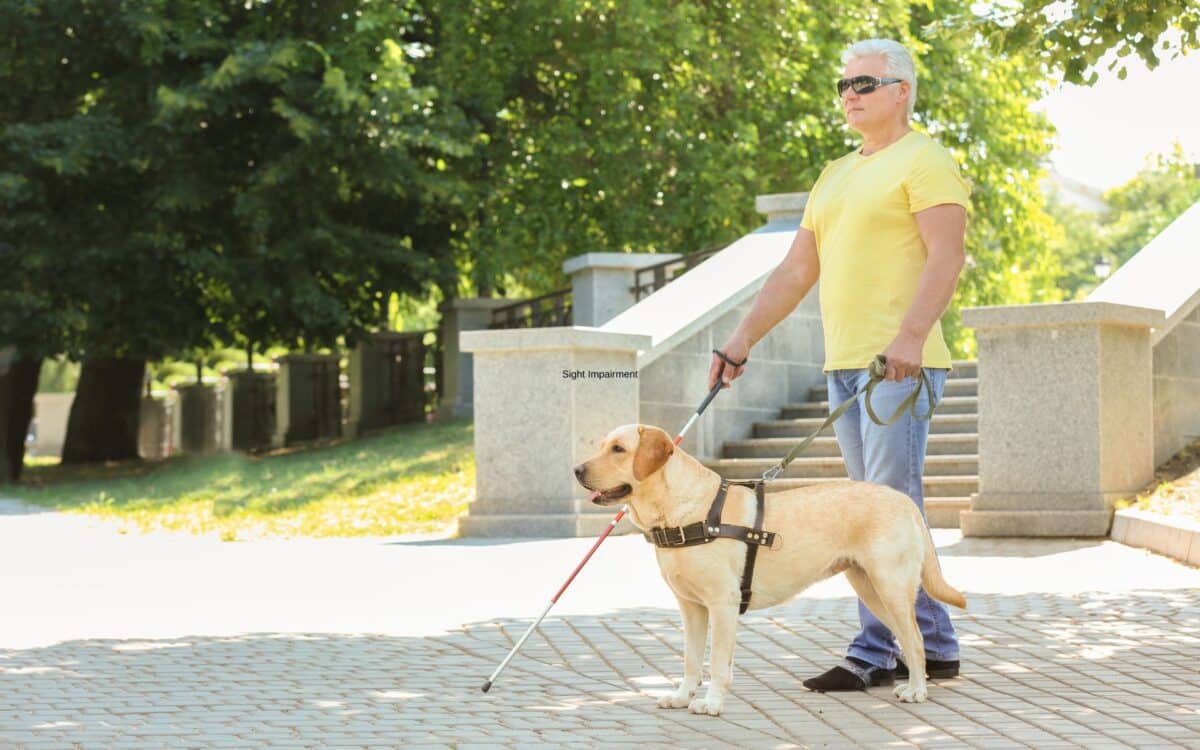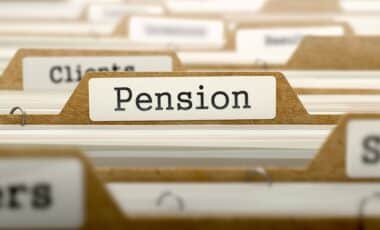Some people may be eligible for an additional tax-free personal allowance each year, depending on their health condition and official registration status.
For individuals who are certified as severely sight impaired in the UK, an extra allowance of up to £3,130 can be added to their standard income tax threshold through the Blind Person’s Allowance.
According to Devon Live, this financial support remains one of the more overlooked tax reliefs available. Despite offering significant savings on taxable income, this benefit is not widely known and remains underused by many otherwise eligible taxpayers across the country.
Eligibility Requirements Across the UK
Eligibility for the Blind Person’s Allowance depends on the applicant’s country within the UK. In England and Wales, individuals must be officially registered as blind or severely sight-impaired with their local council and possess a relevant medical certificate.
In Scotland and Northern Ireland, individuals must be unable to perform work that requires eyesight and must provide a certificate from a doctor confirming their visual impairment.
To apply, eligible individuals should contact HMRC directly at 0300 200 3301, available Monday to Friday, 8am to 6pm, excluding bank holidays.
The Royal National Institute of Blind People (RNIB) states that claims can be backdated up to four tax years, meaning eligible individuals can potentially claim relief going back to the 2020/2021 tax year.
Tax Benefit and Savings
The additional allowance effectively increases the income threshold before tax applies, offering potential savings of up to £614 per year for those in the basic income tax band. This allowance is linked to inflation, unlike the standard personal allowance which is currently frozen until 2028.
If a person cannot fully benefit from the Blind Person’s Allowance—for example, if they do not pay income tax—they can transfer the unused portion to a spouse or civil partner, under certain conditions. The partner does not need to be blind or sight-impaired, and the transfer remains valid even if the couple lives apart due to :
- illness or old age
- work commitments
- armed forces deployment
- incarceration
- education or training
The transfer can be initiated using form 575, available in accessible formats including braille, and submitted via the same HMRC contact number. While general awareness of this allowance remains limited, its annual adjustment for inflation and its potential for backdated claims make it a significant benefit for those eligible.
Public bodies and charities continue to encourage eligible individuals and their families to explore this often-overlooked provision.









